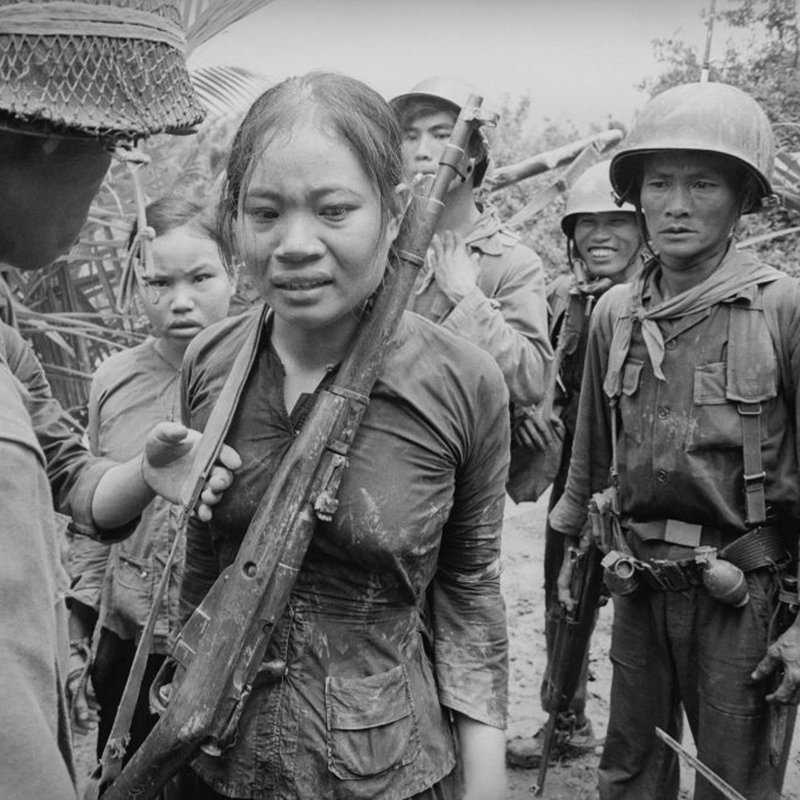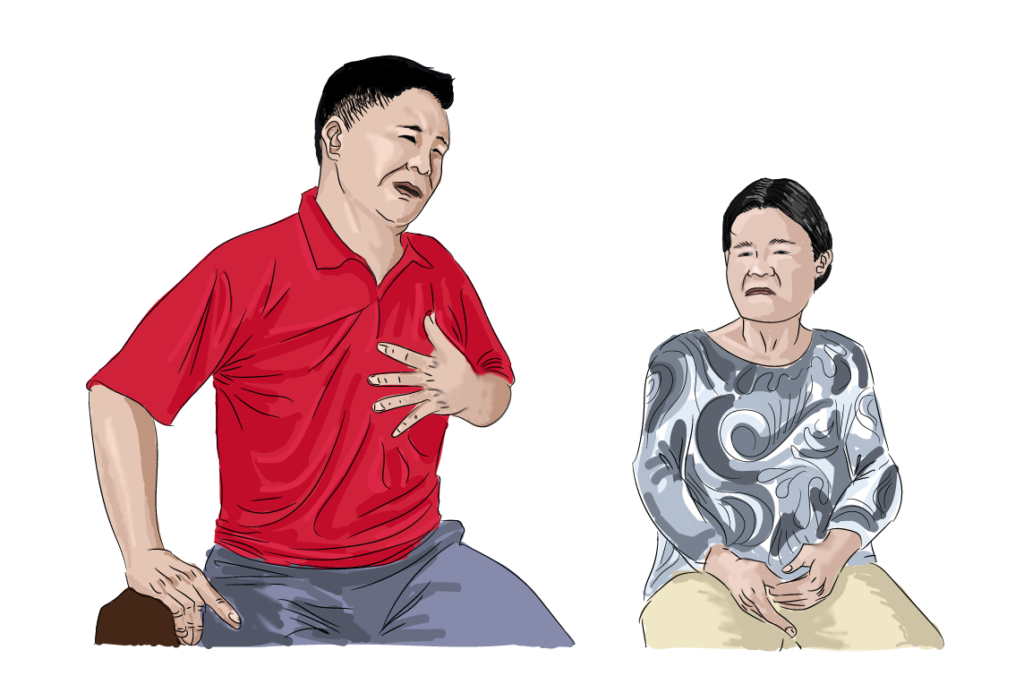Since the start of COVID-19, cases of violence and sexual assault have skyrocketed across the world, in what the UN has described as a “shadow pandemic.” The World Health Organization reported in March 2021 that even before the pandemic, one in three women worldwide were victims of physical or sexual assault. Gender-based violence is certainly not a recent issue, but it is on the rise, and it is imperative to ensure that victims do not suffer in silence and are secured the justice they deserve.
Sexual Violence in Conflict
Deep-rooted societal polarization, political unrest and underfunded institutions have undermined the rule of law in several countries, leading to civil conflict and often war. In these circumstances, the limited authority of the state and lack of control results in the prevalence of sexual violence, enabling a culture of impunity. Acknowledging that a weakened rule of law is what leads to sexual violence, communities worldwide have in recent years taken action to strengthen the ability of governments to serve justice to victims.

International Efforts to Secure Justice
In 2009, the UN security council formed a team of experts to support national legal systems in addressing impunity, sexual violence in conflict and increasing criminal accountability. Since its establishment, the team has had significant impact in some of the world’s most difficult contexts, including Sudan, Mali and the Central African Republic. Successful prosecutions that followed as a result of the council’s efforts have stressed the importance of punishment and criminal responsibility for those who commit sexual violence.
However, in order to tackle the issue of sexual violence in its entirety, legal, financial and emotional remedies offered to victims today must coincide with strong efforts in securing justice for victims of sexual violence from the past.
The Lai Dai Han are Still Waiting for Justice
For many victims of the past, justice remains unattainable. The Lai Dai Han are the children of Vietnamese women who were raped by South Korean soldiers during the Vietnam war. Due to their mixed heritage and circumstances of their birth, they have faced a lifetime of discrimination, inequality and live in the shadows of Vietnamese society.
Despite demanding justice for decades, the government of South Korea has remained silent and has failed to even acknowledge the Lai Dai Han, let alone investigate the allegations. As time goes on, these survivors are getting older, and the hope of securing justice is diminishing. Without getting justice for marginalized groups, the international community is failing to do everything possible in tackling sexual violence and holding perpetrators accountable.

Supporting and protecting women today is dependent on rectifying the past. Holding offenders accountable, regardless of how long ago the crime was committed, is crucial in eradicating impunity and preventing future incidents. How can we expect women to feel safe and empowered when there are so many others whose terrible experiences of sexual abuse have just been swept under the rug?
In this current climate of conflict, it is imperative that the international community works harder than ever to demand support and justice for all victims of sexual crimes – both current and historical. In order to safeguard women of today and for future generations, we must continue to fight for justice for survivors of gender-based violence, and not stop until it has been served.
The plight of the Lai Dai Han is therefore a matter of urgency, as without justice for these survivors, the same atrocities will keep occurring, just as we are seeing today in the Tigray conflict. If we are to move forward and eradicate sexual violence, we must start with securing justice for all victims, and for the Lai Dai Han, time is running out.
To learn more about the Lai Dai Han, visit our YouTube channel.
